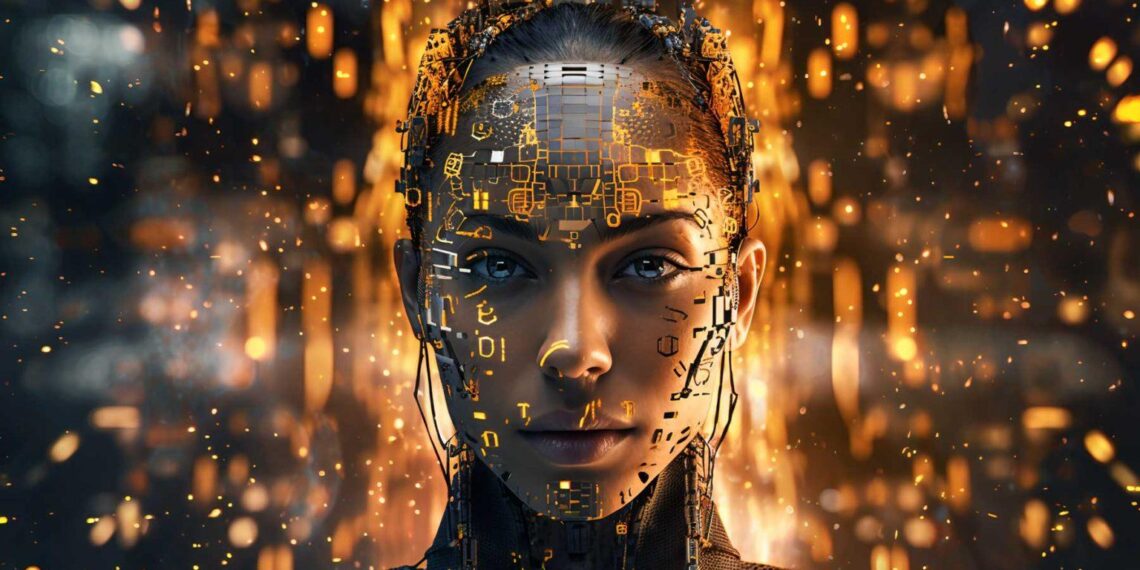Artificial intelligence (AI) is rapidly shaping the future of our world, touching almost every aspect of life and business. As we look toward a future increasingly influenced by AI, it’s crucial to understand the potential impacts, both positive and negative, that this technology may bring. This article aims to explore these impacts in an accessible manner, making complex concepts understandable for all readers.
Also Read : Top 10 AI-Built Robots Revolutionizing Industries
Enhancements in Healthcare
AI’s impact on healthcare is one of its most profound applications. By leveraging machine learning algorithms, healthcare providers can diagnose diseases more quickly and accurately. AI systems, such as IBM Watson, can analyze the meaning and context of structured and unstructured data in clinical notes and reports, which may help healthcare professionals make faster decisions. This can lead to earlier treatments and better patient outcomes. Moreover, AI-driven robots have been assisting in surgeries, increasing precision during operations and reducing patients’ recovery time.
Revolutionizing Transportation
The transportation sector stands on the brink of a revolution with the introduction of AI in autonomous vehicles (AVs). Companies like Tesla and Waymo are at the forefront, developing vehicles that can navigate and drive themselves with minimal human intervention. According to CEnligneGuru, This promises not only greater convenience but potentially reduces accidents caused by human error, a leading cause of road fatalities. Furthermore, AI is optimizing logistics and supply chains, enhancing the efficiency of delivery and freight services through predictive analytics and real-time data processing.
Transforming the Workplace
AI is also reshaping the workplace in significant ways. Automation through AI is expected to lead to job displacement in certain sectors, particularly in routine and manual tasks. However, it also opens opportunities for creating new job categories and enhancing productivity through AI tools. For example, AI can automate repetitive tasks like data entry, allowing workers to focus on more strategic activities that require human creativity and empathy.
Ethical and Privacy Concerns
Despite its benefits, AI introduces several ethical and privacy concerns. The capability of AI systems to process vast amounts of personal data raises significant privacy issues. There is also the risk of AI being used in surveillance systems, potentially leading to infringements on individual privacy. Moreover, AI can perpetuate existing biases present in the data it is trained on, leading to unfair outcomes in areas like job recruitment and law enforcement.
Impact on Education
In education, AI has the potential to personalize learning based on individual students’ needs. Platforms like Khan Academy use AI to adapt questions and resources to suit the learner’s pace and understanding. However, there’s an ongoing debate about the extent to which AI should replace traditional teaching methodologies. Balancing AI tools with human interaction in education is crucial to address different learning styles and maintain engagement.
AI in Creativity and Media
In creative fields, AI is both a tool and a collaborator. AI algorithms can generate art, music, and even write stories, which opens new avenues for creativity. However, this also raises questions about the originality and emotional depth of AI-created content. In media, AI is used to automate the generation of news reports on finance and sports scores, significantly speeding up the process and reducing human error.
AI for Environmental Sustainability
AI offers significant advantages for environmental sustainability. AI applications in smart grids can optimize energy use, reducing waste and cost. AI-driven analytics can monitor environmental conditions and predict changes, helping in disaster preparedness and response. Furthermore, AI can enhance the efficiency of renewable energy systems, predicting wind patterns for wind turbines or sunlight intensity for solar panels.
The future impacted by AI holds immense potential but also significant challenges. As we harness AI’s capabilities, it’s crucial to address the ethical, privacy, and employment implications to ensure it benefits society as a whole. Balancing innovation with caution will be key to navigating the evolving landscape of AI technology.




















